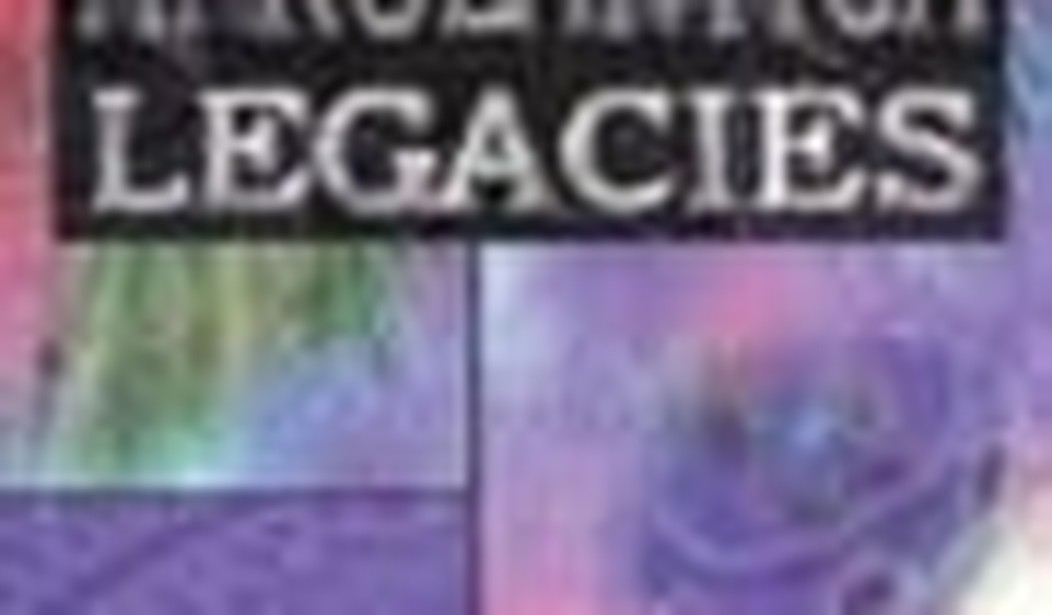President Obama this week declared H1N1 a national emergency. This — combined with the fact that vaccines for the flu are in short supply — has caused another round of panic.
The declaration states:
[The president does] hereby find and proclaim that, given the rapid increase in illness across the Nation may overburden health care resources and that the temporary waiver of certain standard Federal requirements may be warranted in order to enable U.S. health care facilities to implement emergency operations plans, the 2009 H1N1 influenza pandemic in the United States constitutes a national emergency.
The real reason for the national emergency is simple. It removes certain legal barriers that would normally stand in the way of local governments being able to take quick action in the event of an outbreak; it’s much like declaring a federal emergency in the wake of a major hurricane — a preventive measure. However, we all know that the words “national emergency” will strike fear in the hearts of people who are prone to panic.
When H1N1 first made its presence known, the media was nothing short of alarmist in presenting the story. Their panicky headlines led the public to start wearing medical masks, keeping their kids home from school, and preparing for the worst. The headlines and network news stories were so over-the-top in their presentation that eventually the ridicule of swine flu became more persistent than the fear of it.
The mania died down, and the people of the world went about the business of catching colds and flus without going into panic mode. It seemed for a while that H1N1 had its fifteen minutes of fame; the media moved on to bigger and more alarming stories. We didn’t exactly forget about the swine flu, but it wasn’t a 24/7 news story anymore and our coughs and colds came and went.
Now H1N1 has made a comeback, both in strength and news. Or has it? The short supply of swine flu vaccine has caused a new wave of alarm. This is a panic-prone world, and when the news feeds us alarmist headlines in flashing red font we stop and pay attention. “What if the flu gets stronger? What will we do then?” And there will be another round of second guessing after every sneeze from a child and every cough from a coworker. People purchasing NyQuil or Robitussin will be eyed suspiciously. You will worry when you get that first sniffle, and by the time a fever sets in it won’t matter because Dr. Google will have already diagnosed you with H1N1. Perhaps your child will come home and tell you that there were several absent students in his class today, so you’ll decide to keep him home for the rest of the week: “Obama declared this a national emergency! This is serious business!”
“National emergency” sounds worse than the reality is. That’s not to say there’s no reason to protect yourself from contracting the virus, but it’s also not a reason to go off yelling that Obama’s going to institute martial law. Talk about panic. But hey, if you’re worried about the havoc swine flu could wreak on our world, you’re in good company. Seems the government is very concerned about the effect the flu could have on internet traffic:
Internet congestion will be exacerbated by localities that may choose to close schools, whose students, confined at home, will likely look to the Internet for entertainment, including downloading or streaming videos, playing online games and engaging in potential activities that may consume large amounts of network capacity, the GAO stated.
As if getting sick wasn’t enough to panic about, now we have to worry that if we are home sick, we won’t be able to entertain ourselves with videos of people falling off bicycles or a few games of Bedazzled.
Whatever your stake in this flu business, there’s a panic button just for you.









Join the conversation as a VIP Member